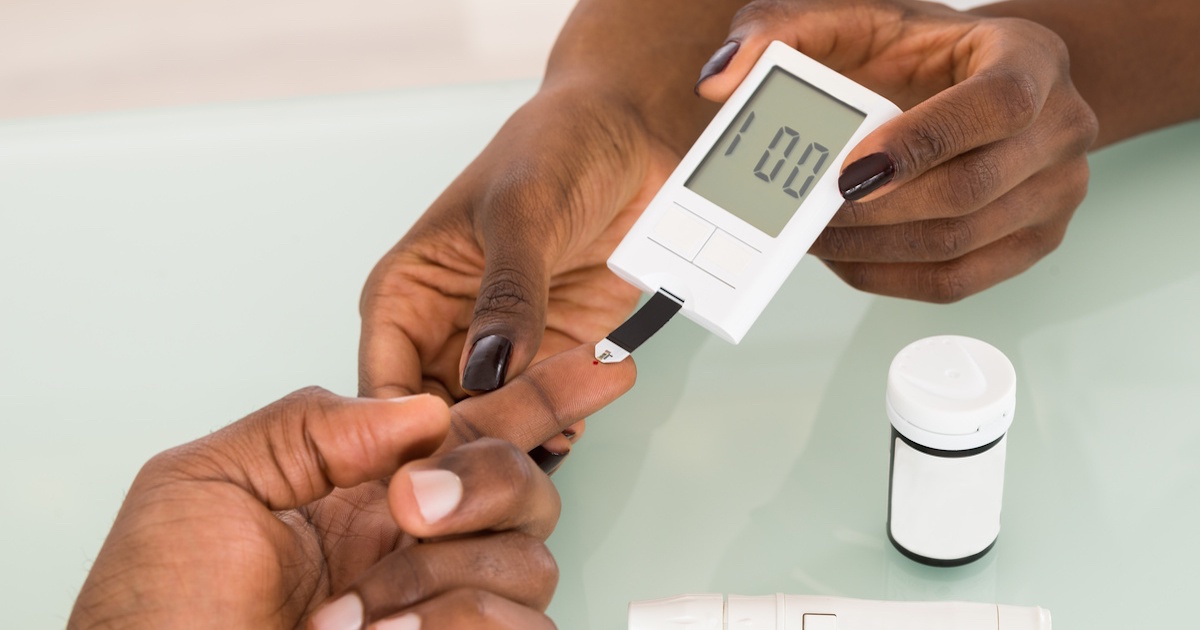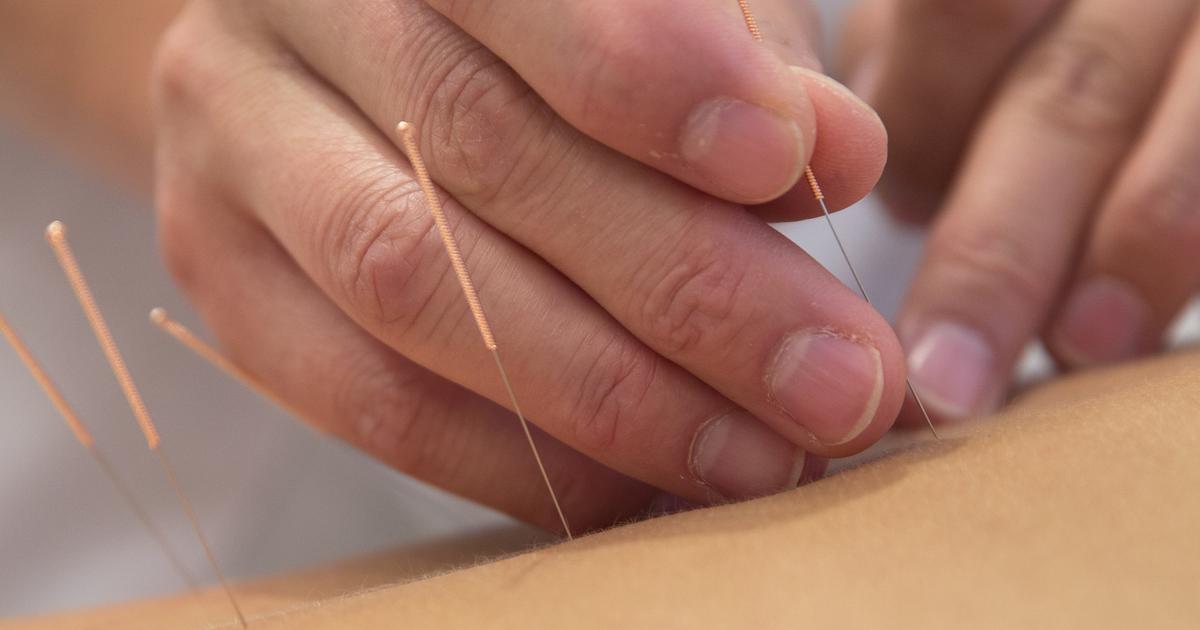How To Treat And Manage Diabetic Neuropathy
Diabetic neuropathy is serious, and patients need to take measures to treat and manage it. This neuropathy can occur in various places, especially the feet and hands. While the effects of diabetic neuropathy cannot be reversed, a patient can take measures that will slow its intensity. With proper treatment and management, the patient can lead a more fulfilling life. Success is based on whether or not the patient decides to follow the directions of the doctor. If the patient is noncompliant, diabetic neuropathy will progress and potentially cause additional medical problems. Diabetic neuropathy reduces the nerve sensation, which means the patient could injure their foot and not even feel it. It makes it difficult to get around and affects the quality of life.
Maintain Blood Sugar Levels

Individuals must maintain their blood sugar levels and pay increased attention to them if they have diabetes. This is achieved by monitoring the levels with a glucose meter and finding the right medicine. A diabetes patient can manage their blood sugar levels by taking the medication recommended by the doctor. However, some patients must inject insulin to maintain their blood sugar. Patients must also have routine blood work done, which will let the doctor know if they have been compliant with the medication or if they need a change.
The routine testing will include an A1C test, which measures the blood sugar for three months. High blood sugar injures the nerves, especially in the feet, causing diabetic neuropathy. This will cause pain, tingling, or numbness in the feet, all of which make it difficult feel if there is anything wrong with them, leading to other medical problems. Maintaining normal blood sugar, whether it is done with medication or lifestyle change, is vital in controlling diabetic neuropathy.
Anti-Seizure Medication

There are continually new applications for current medications established by doctors and researchers. One such drug is anti-seizure medications. Drugs originally used for seizures have been found to help with chronic pain, including pain that's the result of diabetic neuropathy. So, for years some medications have been used to treat seizures and have now been approved by the Food And Drug Administration to be used to treat chronic pain, like neuropathy.
Some of those drugs are gabapentin and carbamazepine. These drugs may serve as a primary way to control the diabetic neuropathy pain, or they may be used alongside other drugs, like opioids. However, the patient should work with their doctor to find the medication that will work best for their situation. It is important to always follow doctor directions when taking any medication to see the best results with minimal chances of side effects.
Antidepressant Medication

Antidepressant medication has been shown to work on more conditions than just depression. Specifically, antidepressant medications have been proven to work with some cases of chronic pain, including diabetic neuropathy. Unlike drugs, like opioids, antidepressants sometimes take several weeks before their full efficacy is realized, which is why patients are encouraged to continue with a new regime for a little while before talking to their doctor about its effectiveness. It is believed the medication increases neurotransmitter in the spinal cord, which can help reduce the pain signals.
If a patient is going to try an antidepressant, they must understand they will probably not feel any relief right away. Additionally, as with other medications, the doctor may want to use antidepressants in conjunction with other medicines, such as the previously mentioned anti-seizure medication. Sometimes it takes a combination of medication to achieve the desired result, and sometimes it takes a little trial and error before the correct combination is achieved.
Manage Blood Pressure

Evidence has shown individuals with diabetes tend to have high blood pressure. As a part of a healthier lifestyle, diabetes patients need to make sure they are controlling not only their blood sugar but also their blood pressure. Diabetes increases the chances of the patient having heart disease and high blood pressure. Because diabetes damages arteries, it makes them more susceptible to hardening (atherosclerosis).
Additionally, having high blood pressure can induce various conditions, including eye disease and kidney disease. Diabetes does not just affect the blood sugar. Patients must manage blood pressure as well. It has far-reaching effects on other systems in the body. So, a patient may need to take high blood pressure medicine or make lifestyle changes, in conjunction with their diabetic medicine compliance. This is because many times high blood pressure and high blood sugar go hand-in-hand and must be managed together.
Wear Supportive Compression Socks

It may be beneficial to wear supportive compression socks because they will help with circulation in the legs and feet. They help maintain the correct amount of pressure, which helps straighten the vein walls and restore proper blood flow to the heart. This assists swelling in the legs and feet because the fluid is no longer stuck and can flow against the force of gravity, as it is supposed to. In individuals with diabetes, the use of compression socks with more pressure at the ankle and less on the calf are effective in preventing swelling and improving nerve sensitivities.
Furthermore, since diabetic neuropathy can lead to having reduced feeling in the feet, diabetes can get cuts and scrapes that can get infected and they do not even feel it. Using properly fitting compression socks reduced the rubbing of regular socks and poorly fitting shoes causing any injury to the skin. The compression socks usually have extra padding and no seams, which minimizes the risk of abrasions or blisters on the feet. However, just like with medication, the patient needs to consult with their doctor to make sure they are getting the right kind of compression socks. Having socks that are too tight will cause other problems and may not be the right solution for the patient.
Exercise Regularly

An individual affected by diabetic neuropathy may need to exercise regularly as part of their treatment plan. Staying active can help patients slow the progression of their diabetic neuropathy in several ways. Regular exercise helps individuals reach and maintain a healthy weight, which can help them manage their blood sugar. Exercising every day can also help keep an affected individual's heart healthy and blood pressure from becoming too high, as these are factors that can cause the development of complications.
According to the American Diabetes Association, 150 minutes of moderate-intensity exercises every week are recommended for diabetic neuropathy patients. It is also important for an individual affected by diabetic neuropathy to not sit for long periods, so they should consider taking a break every half-hour to move around. As some diabetic neuropathy patients may experience sensation loss in their legs, they should consult their doctor about what types of exercises are safe for them.
Quit Smoking

An individual may need to stop smoking if they have diabetic neuropathy and would smoke cigarettes every day. The use of cigarettes and any other tobacco product causes a significant increase in the risk of diabetes patients experiencing a stroke or heart attack. The chemicals in cigarettes and other tobacco products can encourage high blood pressure, which contributes to the cardiovascular complications that can develop from diabetes.
High blood pressure causes damaged to the patient's blood vessels and makes them less able to expand to adapt to higher blood volumes. This malfunction results in reduced blood circulation around the body and can produce the pooling of blood in the patient's feet. Smoking cigarettes and using other tobacco products causes a reduction in lung function, which lowers the average oxygen concentration in the blood. Poor circulation and low oxygen concentration in the blood can promote life-threatening medical events like a heart attack and stroke.
Follow A Healthy Diet

A healthy diet can help a diabetes patient, particularly one with diabetic neuropathy, keep their blood sugar levels between eighty and 130 milligrams per deciliter before consuming their meals and under 180 milligrams per deciliter after meals. Keep blood sugar stable can help an individual affected by diabetic neuropathy slow the progression of their disease and symptoms.
Following a healthy diet as part of a patient's treatment plan can help prevent or relieve problems with digestion, which may include vomiting, nausea, gastroparesis, and belching. It is recommended for diabetic neuropathy patients to consume numerous smaller meals that contain low amounts of fat and fiber during the day. A patient may find it more beneficial to consume for pureed foods and soups to help keep food moving through their digestive tract at an adequate pace.
Apply Capsaicin Cream

A diabetic neuropathy patient may be able to treat some of the symptoms they experience by applying capsaicin cream to the affected area of their body. Capsaicin cream is a type of skin ointment produced from cayenne chili pepper that has proven in multiple studies to decrease pain in individuals affected by diabetic neuropathy in their feet and hands. This topical cream works by interfering with the neurotransmitter responsible for sending pain signals to the brain, which decreases pain perception.
Capsaicin cream can cause skin burns in some individuals prone to skin sensitivity and should not be used by those who have numbness or sensation loss due to their diabetic neuropathy. Sensation loss may cause a patient to be unable to feel if they are experiencing this type of reaction from the topical medication.
Acupuncture

Acupuncture is a component of traditional Chinese medicine where needles are inserted into the patient's skin at certain pressure points across the body. In the views of professionals in Western medicine, acupuncture is known to stimulate the muscles and nerves. This stimulation helps increase a patient's responses to pain and promotes better blood circulation. When the needles are inserted into the pressure points around the individual's body, endorphins are released in the spine, brain, and muscles, which alters the response of the body to pain signals. Acupuncture can improve blood circulation, which is known to help with the natural mechanism of healing damaged nerves. Acupuncture is most often used in conjunction with other methods of treatment as an adjunct therapy.
